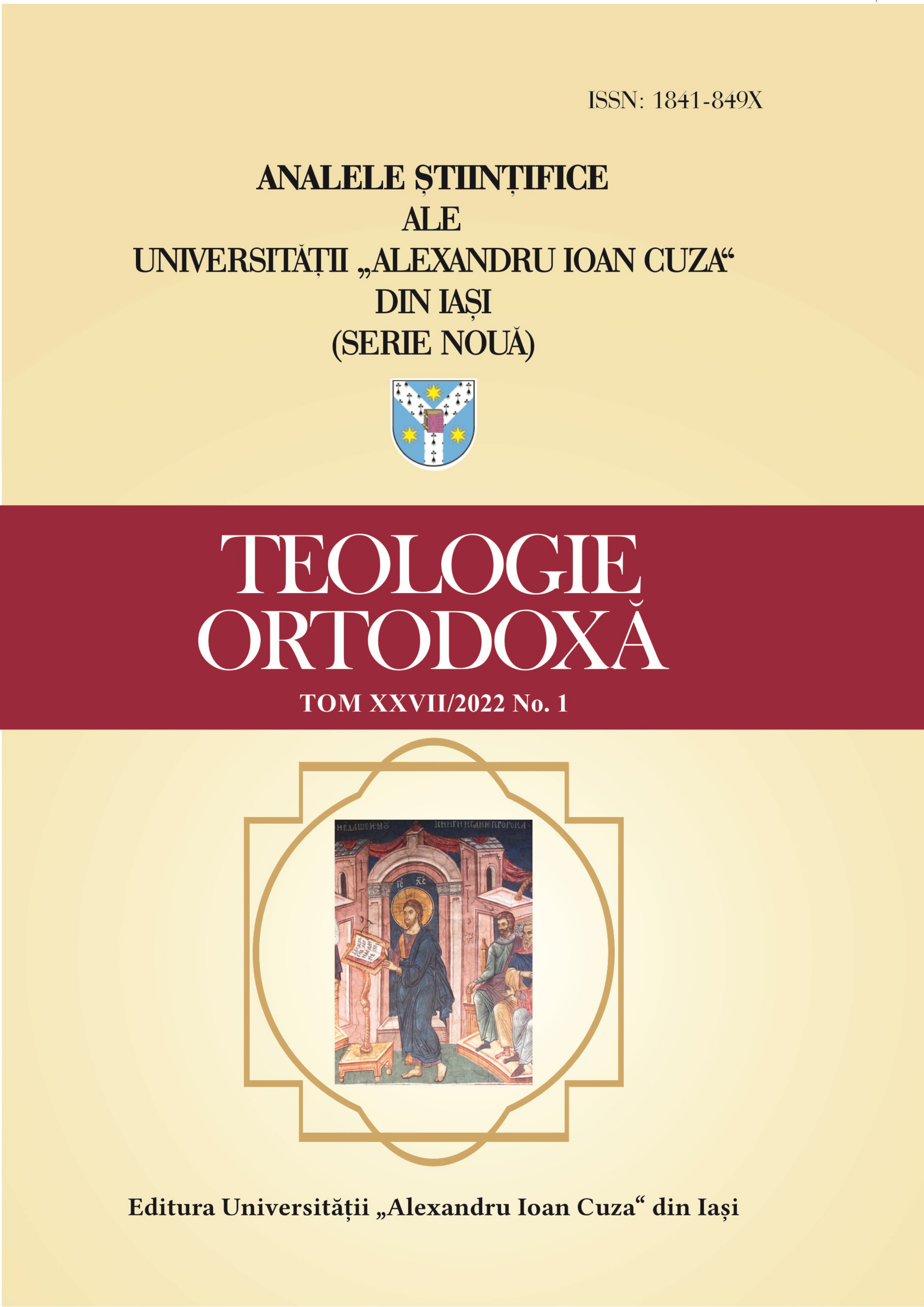Obreja Rox - Religious education in the north of the European Union – approaches in the Swedish model*
Roxana Maria OBREJA**
PhD Candidate “Dumitru Stăniloae” Faculty of Orthodox Theology, “Alexandru Ioan Cuza” University of Iasi, Romania
Abstract:
The Nordic countries are associated to Lutheran Churches that have had a very important role in the organization of the religion class, and in its content and finalities. Thus, when talking about Lutheran religious education it is necessary to know the fact that this has been renamed into knowledge about Christianity and perspectives on life (Lied 2009, 263), more precisely it is about learning about religion and from religion (Slotte 2016, 236). The northern states members of the European Union are historically called and defined mono-religious, which over time due to the increase in migration (Lied 2009, 263) have experienced religious diversity, pluralism and multiculturalism. These determined that the attitude would be an open one, wishes for religious activity, or more specifically said, the purpose was to cover the needs of children and during the changes, the class of religion was perceived through cultural meaning or of religious competence. This combination of factors led to religious education being renamed as Ethics.
Keywords:
religous education, Norwegian model, Religions and Philosophies of Life, non-confessional
Bibliography:
- Council of Europe 2008: White Paper on Intercultural Dialogue “Living Together As Equals in Dignity (Launched by the Council of Europe Ministers of Foreign Affairs at their 118 th Ministerial Session Strasbourg, 7 May 2008), <https://www.coe.int/t/dg4/intercultural/source/white%20paper _final_revised_en.pdf>, 15 februarie 2020, 8; 30-31
- Haeshaher, Gunhild; Signe Sandsmark. 2006. “Compulsory education in religion – the Norwegian case: an empirical evaluation of RE in Norwegian schools, with a focus on human rights”. In: British Journal of Religious Education, vol. 28, no. 3, September, 275-278.
- Hammer, Aina; Age J. Schanke. 2018. “Why can't you just eat por? 'Teachers perspectives on criticism of religion in Norwegian religious education”. In: Journal of Religious Education 66, 151-166
- Klutz, Philipp. 2016. Religious Education Faces the Challenge of Religious Plurality. A Qualitative-Empirical Study in Viena. Translated by Noëmi Lakmaier. Waxmann, Münster/New York.
- Lied, Sidsel. 2009. “The Norwegian Christianity, Religion and Philosophy subject KRL in Strasbourg”. In: British Journal of Religious Education, vol. 31, no. 3, September, 263–275.
- Naeslund, Lars. 2009. “Faces of faith: reflections on examples of plurality in a Swedish RE classroom”. In: British Journal of Religious Education, vol. 31, no. 3, September, 227.
- Niemi, Kristian. 2018. “Drawing a line between the religious and the secular : the cases of religious education in Sweden an India”. In: Journal of Beliefs and Values 39(2), 182-194.
- Slotte, Pamela. 2016. Freedom of Conscience and Education: A Nordic Example, în Law, Religion, Constitution, Freedom of Religion, Equal Treatment, and the Law. Edited by W. Cole Durham Jr.,Silvio Ferrari, Cristiana Cianitto, Donlu Thayer. New York, 232-255
- Șelaru, Sorin; George Vâlcu. s.a. “The study of religion in public schools in the member states of the European Union”. In: Representative of the Romanian Patriarchate in Brussels. Bucharest: Publishing House Typography of Church Books
- Willaime, Jean-Paul. 2007. “Different Models for Religion and Education in Europe”. In: Robert Jackson, Siebren Miedema, Wolfram Weisse, Jean-Paul Willaime (Eds.), Religion and education in Europe, Developments, Contexts and Debates. Waxmann Münster/New York, Münnchen/Berlin.

